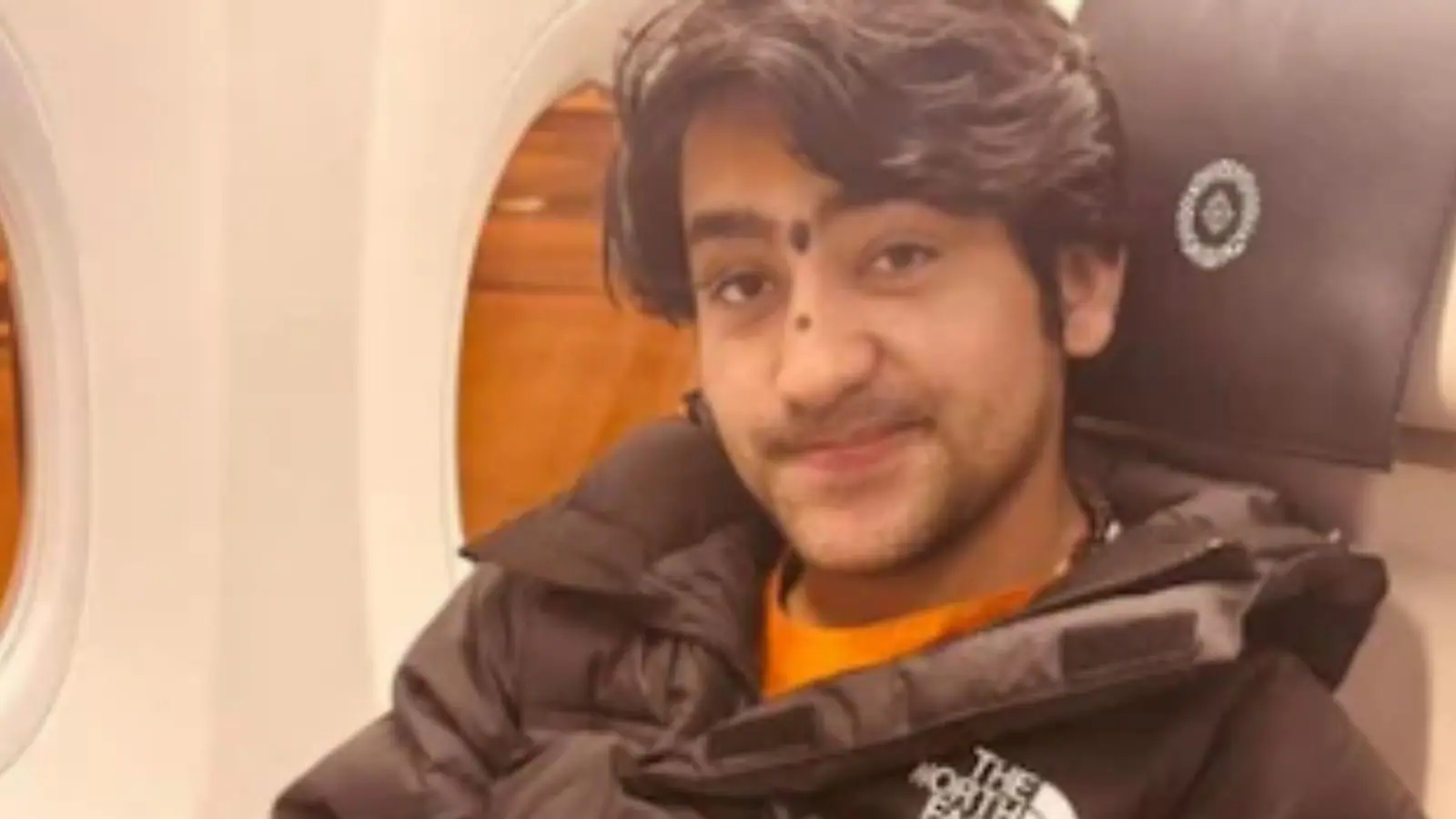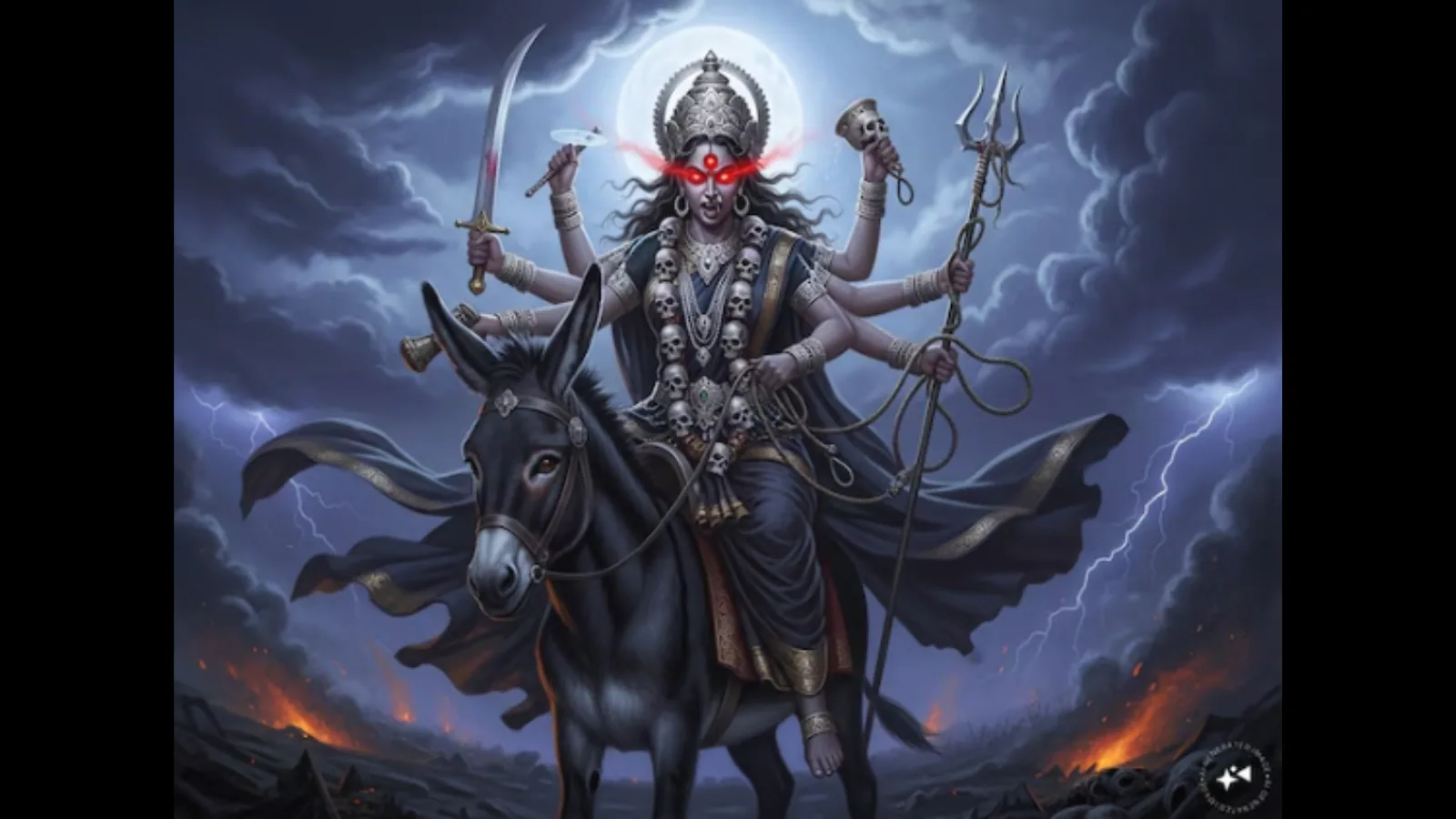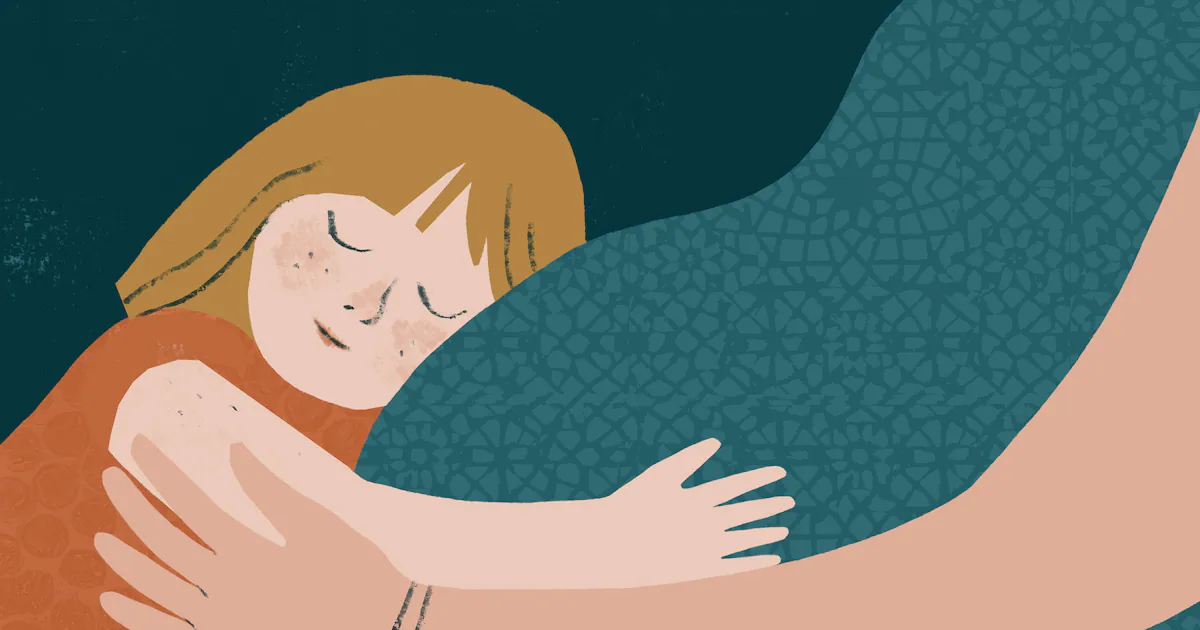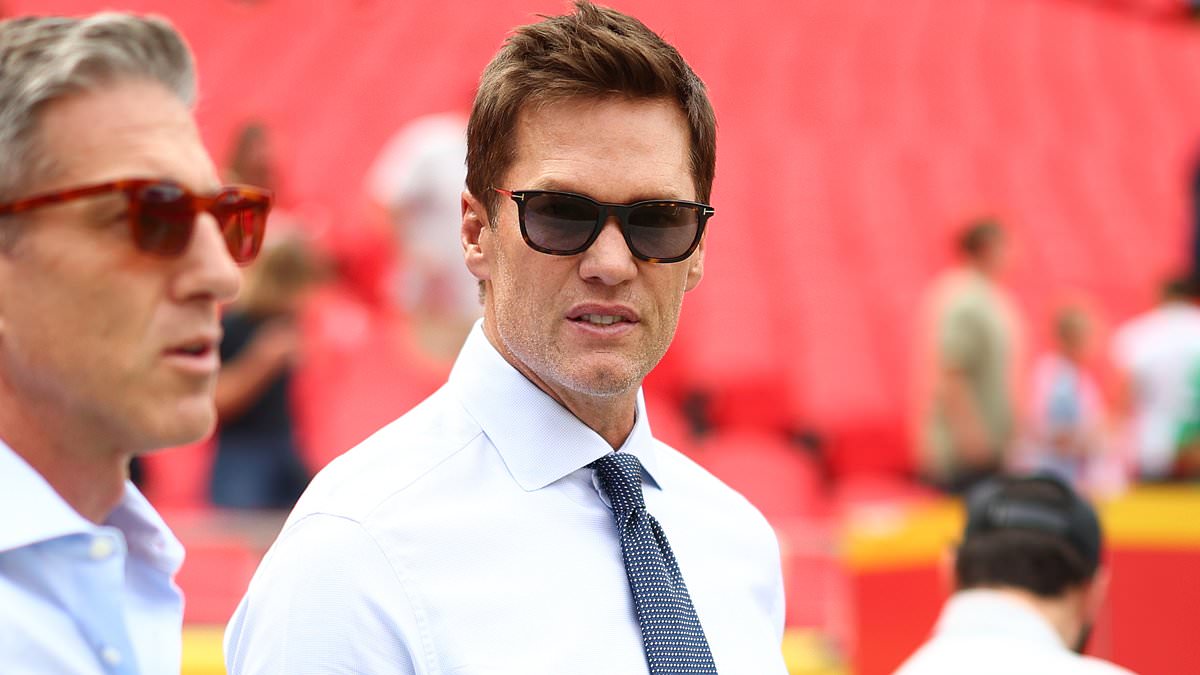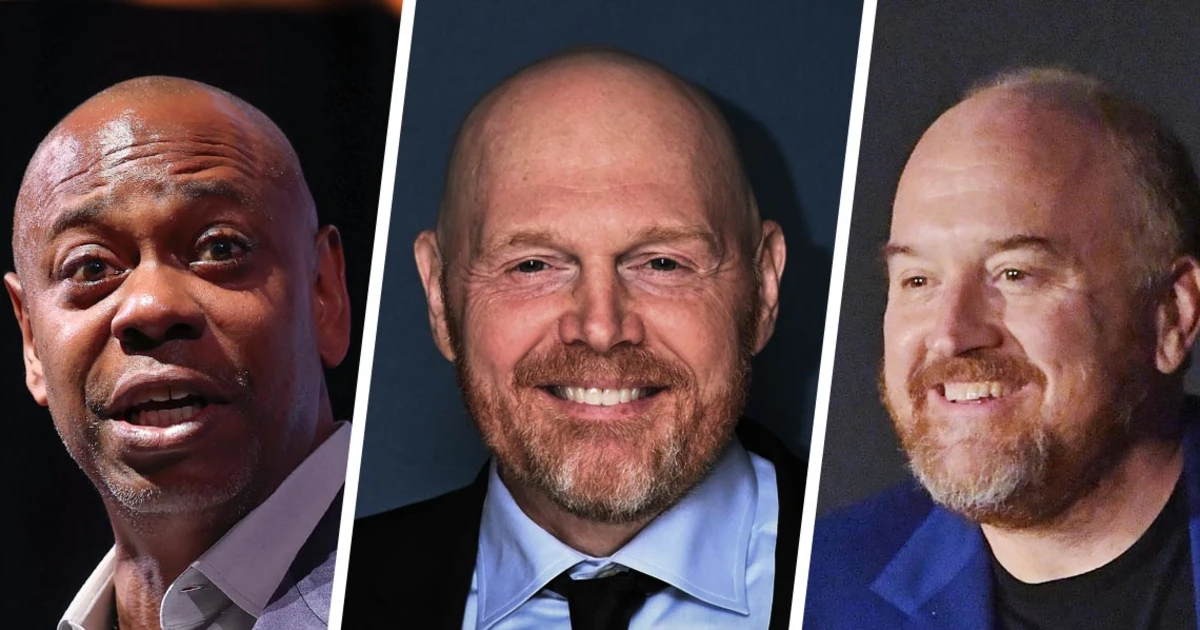
The comedy capital of America is New York City. But Riyadh, Saudi Arabia, is giving it a run for its money at the moment with its inaugural Riyadh Comedy Festival, a state-sponsored event that is putting on shows featuring dozens of the biggest names in American comedy, including Dave Chappelle, Louis C.K., Kevin Hart, Bill Burr, Jessica Kirson, Aziz Ansari and Pete Davidson.
Many of the comics attending are taking heat — deservedly so — from other comedians and human rights groups in light of the Saudi government’s track record of human rights abuses. Saudi Arabia’s use of what we could call “comedy washing” is an insidious tool to project a misleading image of the country’s incremental efforts to liberalize. These comics should know better than to help launder the country’s reputation in exchange for fat paychecks.
This comedy festival functions fundamentally as propaganda.
Many of the comics Saudi Arabia has invited to its festival are considered champions of transgressive speech. Chappelle has decried “cancel culture” and has declared, “The more you say I can’t say something, the more urgent it is for me to say it.” Louis C.K. insists on the importance of being able to say things that are profane and offensive. Comedians in general require robust freedom-of-speech laws and cultural norms in order to do their job, because their material often derives from poking fun at taboos and criticizing authority.
Which is what makes the participation of so many prominent comics in the Riyadh Comedy Festival so odd and disappointing. It would presumably be self-evident to anyone signing up to do a comedy gig sponsored by a monarchy with draconian restrictions on speech that this would not be the place for them to take a swipe at the host country’s government: It is widely known that the Saudi government executes journalists and protesters and that media is strictly regulated. But it appears that restrictions on speech were worked into the invitations to the comedians, as well.
The comic Atsuko Okatsuka posted on Threads what she said were screenshots of a contract offered to her by Sela Co., which is owned by Saudi Arabia’s sovereign wealth fund. The contract includes a section about “Content Restrictions,” which prohibits material that “may be considered to degrade, defame, or bring into public disrepute, contempt, scandal, embarrassment, or ridicule” the country, its royal family or any religion. MSNBC and NBC News have not independently verified the claim, and Saudi Arabia’s General Entertainment Authority, which announced the festival in July, did not immediately respond to a request for comment from NBC News.
NBC News reports that comedian and podcaster Tim Dillon “said in an episode of his podcast that he was dropped from the festival for making a joke about the country ‘having slaves.'” That was before the festival.
Some comics have slammed their peers for taking reportedly eye-popping sums of money for the gigs to work with a viciously oppressive government. Marc Maron quipped that Saudi Arabia’s marketing should read, “From the folks that brought you 9/11, two weeks of laughter in the desert, don’t miss it.” Shane Gillis said he turned down an invitation even after Saudi Arabia allegedly doubled its offer to him because “you don’t 9/11 your friends.” (The mastermind of the Sept. 11 attacks, Osama bin Laden, was a Saudi national and had links to the Saudi royal family.)
Other comics more pointed out that Saudi Arabia would be able to use this festival as propaganda to sanitize its authoritarian record. “The money is coming straight from the Crown Prince, who actively executes journalists,” Okatsuka wrote in her post. “A lot of the ‘you can’t say anything anymore!’ Comedians are doing the festival,” she added. The comedian Zach Woods also pointed out Saudi Arabia’s repression of dissidents and sarcastically challenged his followers on Instagram: “Name one comedian who hasn’t whored themself out to a dictator.”
Saudi Arabia’s comedy festival is an extension of its “Vision 2030” plan, the government’s public policy agenda to diversify its economy away from oil and expand into industries like entertainment, tech and tourism. As part of this agenda, Saudi Crown Prince Mohammed bin Salman has attempted to liberalize certain sectors of Saudi civil society as part of a bid to make the country more attractive for Western investment and tourism, such as lifting a ban on women driving. But this comedy festival functions fundamentally as propaganda, allowing the country to falsely present an image of an open society when, in fact, the government remains hostile to democratic civil liberties tied to freedom of speech and assembly.
Saudi Arabia has in the past been accused of sportswashing — using the hosting of sports leagues and events to divert attention from its human rights abuses. But Saudi’s “comedy washing” seems worse. All countries can use hosting sports events to distract in a general sense from their government’s misdeeds — including the U.S. In this case, though, the very nature of the comedy festival misrepresents the nature of Saudi society.
Maybe Saudi Arabia will succeed in convincing some people around the world that this comedy festival means the country is more open-minded than they previously thought. Maybe it won’t. But whether or not the comics at this event acknowledge it, they are helping with that propaganda.
